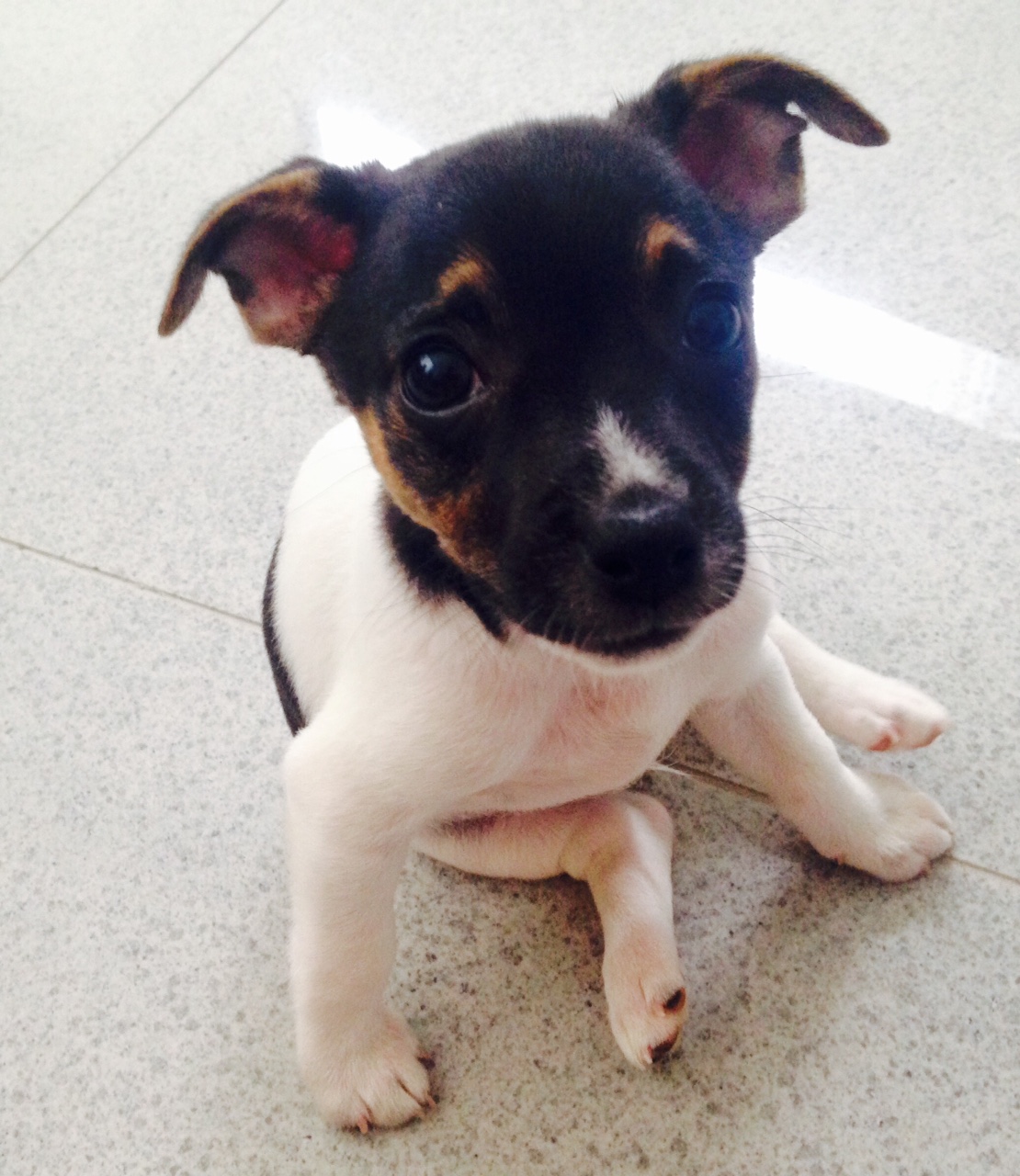We are a nation of pet lovers with statistics showing that 63% of Australian households own pets. Despite this fact it can be challenging when finding a rental property that allows pets.
Many tenants face difficulties finding the right place for the right price. This can be very stressful, and being unable to find a property where pets are welcome, tenants can be left with limited options, such as having to give up their pet or keeping it a secret from the agent and or owner – which never is a good idea.
It is important to note that it’s not always the landlord’s decision. Strata and communal laws in unit or townhouse complexes may prohibit or restrict animals in a property, even if the landlord doesn’t mind.
Here are some quick tips when renting with a pet…
- Be upfront. To avoid complications, when looking for your next home, be sure that the first question you ask is “Are pets accepted at the property?” A written reference from your previous agent and or landlord would also make a difference. Further to this, providing information about your pet such as, training certificates and vaccinations would also potentially show your future agent or landlord that your pet is well-behaved and you’re a responsible pet owner. If your pet is approved at the property, ensure that it is clearly stated in the lease agreement and any expectations surrounding housing your pet at the property are understood from the start. Should you wish to get another pet at a later stage be sure to always seek approval first. Just because the landlord has approved one pet, it does not automatically mean they will approve another.
- Deal with any property damage. One of landlord’s main concerns with allowing pets is that they will cause damage to the property: marking walls, doors, floors and destroying the yard. If any accidents or damage does occur, be sure to carry out repairs or replace whatever your pet damages. You should also proactively inform your agent and or landlord of any repairs you are making to ensure that they are carried out to the required standard. Don’t wait till an inspection is carried out for your agent or landlord to find out that the damage has occurred.
- Pest Control for the home. As all pet owners are aware, your dog or cat is not only in constant danger of catching fleas, they may inadvertently attract other pests into your home. Your pet’s food may attract rats or cockroaches. To keep the property free of unwanted pests you should have a professional exterminator treat the property every 6 – 12 months or as recommended by the exterminator.
- Get to know your neighbours. If your agent and or landlord receive multiple complaints about your pet, they may be able to revoke the pet approval. Get to know your neighbours so if there are any issues the neighbours can raise this directly with you. Frequently exercise your pet to get help keep them from becoming board, noisy or too rowdy.
- Vigilant cleaning: Good hygiene is even more important when being a pet owner. Frequently dispose of your pet’s droppings. Vacuum your home, wash the floors and furnishings to remove odour, and clean the yard.
With a good understanding of the agents and or landlords expectations from the start of your tenancy, open communication and willingness to cooperate, you and your pet can live peacefully in your new home.
Anita Genrich – Orbit Property


































